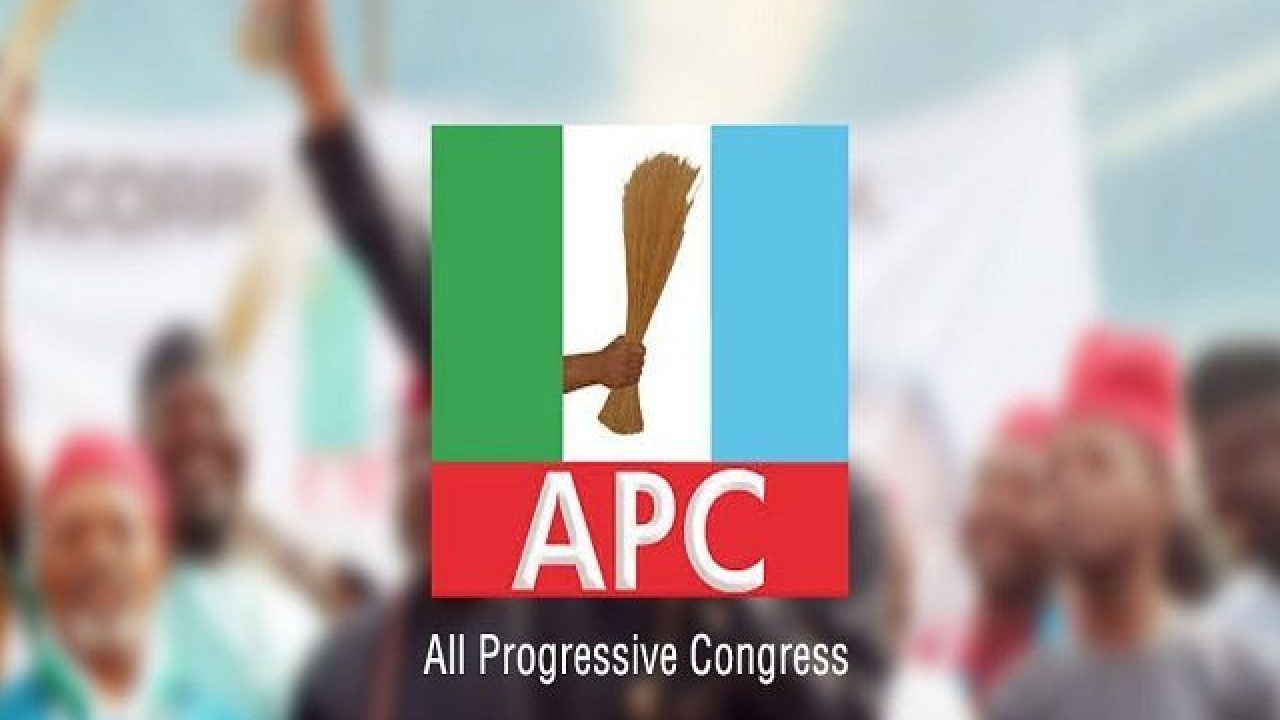The All Progressives Congress (APC) is facing mounting internal discord as its Kano State chapter has leveled serious accusations against supporters of former Governor Senator Rabi’u Musa Kwankwaso, alleging deliberate attempts to destabilize the ruling party in preparation for the 2027 general elections.
The controversy stems from a chaotic North-East zonal meeting last week that ended in unprecedented turmoil, with dramatic footage circulating online showing Borno State Governor Babagana Umara Zulum in heated confrontation with APC National Chairman Abdullahi Ganduje. The viral videos captured Governor Zulum appearing visibly agitated and nearly shouting at the party chairman during what was supposed to be a routine zonal meeting. The confrontation reportedly centered on allegations that Ganduje and his team deliberately sidelined Vice President Kashim Shettima while endorsing President Bola Tinubu’s re-election bid for 2027.
The dramatic scenes have exposed deep fractures within the party’s leadership structure, with Ganduje remaining seated while Zulum’s frustration escalated into what observers described as a “fervent disagreement.” The fallout from the meeting has triggered a broader conflict involving Vice President Shettima’s supporters. Engineer Bashir Buba Muhammad, a prominent Shettima ally, launched a social media offensive against Ganduje, accusing the party chairman of attempting to “usurp” the Vice President’s position.
In a particularly pointed attack, Muhammad drew parallels between Ganduje’s alleged ambitions and the controversial “Kano dollar” scandal, even resharing the infamous video footage that previously damaged Ganduje’s reputation. Muhammad also quoted Governor Zulum as delivering an ultimatum: “No Kashim, no APC in the North” – a statement that underscores the regional dimensions of the crisis.
Responding to the escalating tensions, the Kano State APC chapter has firmly denied suggestions that Ganduje harbors ambitions for the Vice President’s position. Party Publicity Secretary Ahmed S. Aruwa told reporters that such allegations are unfounded and part of a broader destabilization campaign. “As far as I know, the APC Chairman has never spoken about wanting Kashim Shettima’s seat. We never discussed it, and he does not harbor such an intention,” Aruwa stated, emphasizing that the Vice President’s position remains solely within President Tinubu’s discretion.
More significantly, Aruwa directly blamed supporters of Senator Kwankwaso for amplifying the controversy, accusing them of attempting to exploit perceived divisions within the APC. “They have attempted to exploit a gap within the APC but have discovered none. This is who they are — the Kwankwasiyya will try to cause chaos in the APC should they return to the party. That is why we would never welcome them back,” he declared.
Political analyst Professor Kamilu Sani Fagge from Bayero University, Kano, has offered a sobering assessment of the crisis, suggesting it reflects fundamental structural problems within the APC that could prove catastrophic as the 2027 elections approach. Professor Fagge warned that while there remains time to address these issues, the current divisions represent a significant vulnerability that opposition parties could exploit to their advantage.
The crisis comes at a critical juncture for the APC as it prepares for the 2027 general elections. The party’s ability to maintain unity between its various factions and regional power centers will be crucial for its electoral prospects. The involvement of key figures like Governor Zulum and the targeting of Vice President Shettima suggest that the conflict extends beyond mere personality clashes to encompass broader questions about power distribution and regional representation within the party.
As the situation continues to unfold, observers will be watching closely to see whether the APC can resolve these internal contradictions or whether they will further escalate, potentially reshaping Nigeria’s political landscape ahead of the next electoral cycle. The party’s response to this crisis may well determine not only its internal stability but also its chances of retaining power in 2027.



















